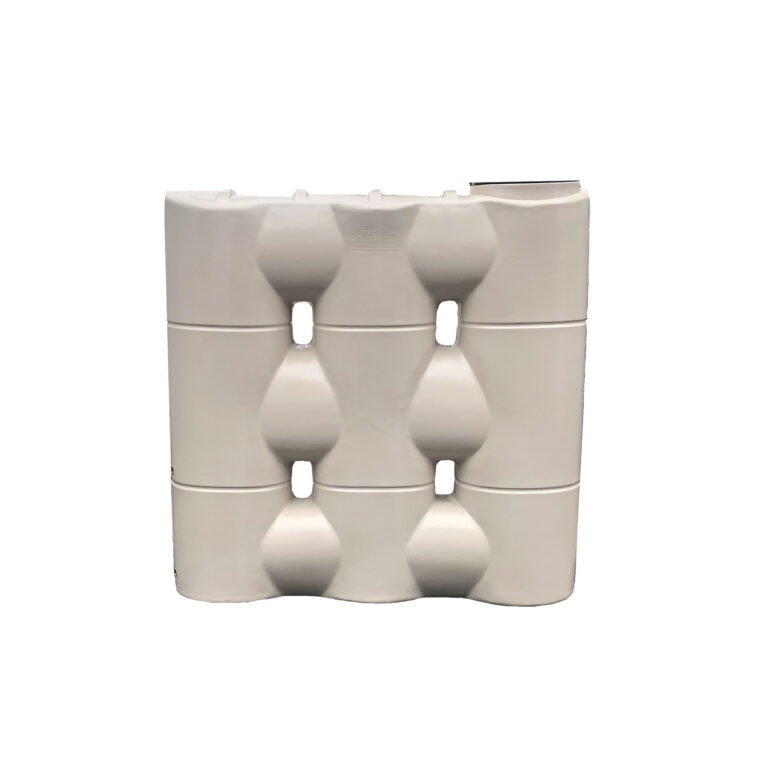Slimline Water Tanks: The Perfect Option for Urban Water Storage
Slimline Water Tanks: The Perfect Option for Urban Water Storage
Blog Article
Checking Out the Numerous Uses of Rainwater Storage Tanks for Residential and Commercial Characteristics
As the global focus on lasting living techniques continues to escalate, the utilization of rainwater containers in both residential and industrial setups has emerged as an essential remedy. The multifaceted uses of rainwater storage tanks provide an engaging case for their adoption, not only as a useful water-saving procedure but likewise as a testimony to responsible resource administration.
Advantages of Utilizing Rain Storage Tanks
Making use of rainwater storage tanks supplies numerous benefits for both homes and neighborhoods in terms of water conservation and sustainability. Among the crucial benefits of making use of rainwater tanks is the significant reduction in reliance on mains water supply - Slimline water tanks. By recording and keeping rainwater for later usage, individuals and neighborhoods can decrease their need for treated water, inevitably reducing the problem on water treatment centers and decreasing power intake related to water transportation and treatment
Moreover, rainwater collecting with storage tanks supplies a reputable different water source during times of water restrictions or lacks. This kept rain can be made use of for different non-potable purposes such as watering, purging bathrooms, and washing garments, lowering the stress on standard water sources. Additionally, using rain containers can result in set you back savings for both houses and neighborhoods by decreasing water expenses and lowering the demand for costly facilities expansions to fulfill expanding water needs.
In significance, the usage of rainwater storage tanks supplies a sustainable and environmentally pleasant approach to water monitoring, profiting both private users and the more comprehensive neighborhood in regards to water conservation, cost-efficiency, and resilience.
Rainwater Tank Usage in Irrigation
Given the benefits of rainwater storage tanks in saving water sources and lowering dependence on keys water supply, a significant application depends on utilizing stored rainwater for irrigation purposes - Slimline water tanks. Rainwater harvesting systems can efficiently gather and keep rain, giving a lasting water resource for sprinkling yards, grass, and farming areas. By making use of rain for watering, residential property proprietors can lower their dependence on treated water resources, leading to cost savings and environmental advantages

Among the primary benefits of making use of rainwater for watering is its purity. Rain is normally soft and devoid of the chemicals and additives typically located in keys water, making it excellent for nourishing plants without the danger of dangerous results. In addition, rain is at ambient temperature, which can profit plant development by staying clear of temperature shocks that can accompany cool mains water.
Rainwater Storage Tanks for Commode Flushing

Implementing rainwater storage tanks for toilet flushing is a cost-efficient and environmentally friendly practice that can be easily integrated into both household and business residential or commercial properties. The stored rain can be made use of to purge commodes by attaching the storage tank to the existing plumbing system. This basic yet efficient service can substantially reduce water intake in a structure, especially in areas where water scarcity is a problem.

Incorporating Rainwater Storage Tanks in Landscape Design
These storage tanks can capture and keep rainwater drainage from roofing systems, which can after that be utilized for sprinkling gardens, grass, and plants. By using rainwater for watering purposes, property owners can reduce their dependence on municipal water resources, leading to cost financial savings and conservation of priceless water resources.
Along with supplying a lasting water source for landscape design requirements, rain storage tanks can additionally assist in managing stormwater runoff. By catching rainwater that would otherwise move into tornado drains pipes, these storage tanks can reduce erosion, lower flooding dangers, and prevent pollution of natural water bodies. Incorporating rain tanks in landscape design can contribute to the general visual allure of the home, additional hints showcasing a dedication to environmental stewardship.
Industrial Applications of Rain Tanks
Using rain tanks in industrial settings offers a lasting Going Here remedy for water administration and preservation, profiting businesses and the environment alike. Industrial applications of rain containers vary and progressively prominent because of the expense financial savings and ecological benefits they give. One key commercial use is for irrigation functions, where gathered rainwater can be utilized to water landscaping, yards, and farming areas surrounding commercial residential or commercial properties. This can bring about substantial reductions in water bills and reliance on local water sources.
Additionally, rainwater gathered in containers can be treated and utilized for non-potable objectives within commercial buildings, such as flushing toilets, cleaning, and cooling down systems. On the whole, the incorporation of rain containers in commercial settings provides a sensible and environmentally accountable technique to water monitoring.
Conclusion
From watering to toilet flushing and landscaping, the use of rainwater tanks can help preserve water sources and reduce water bills. In general, the flexibility and sustainability of rain containers make them a useful financial investment for any residential property proprietor looking to increase water efficiency.
Report this page